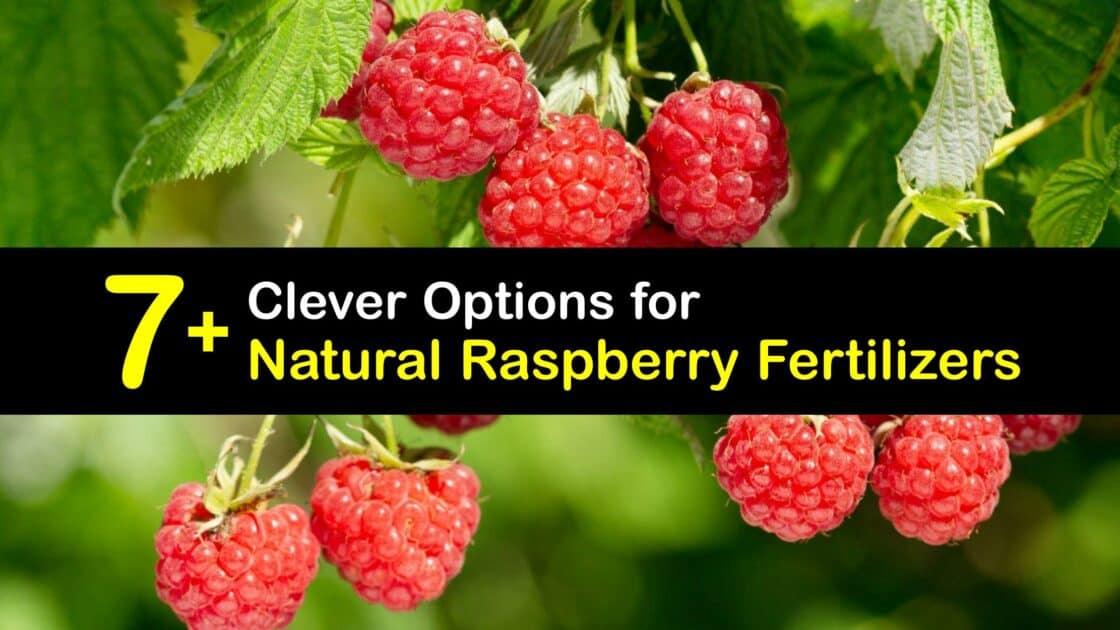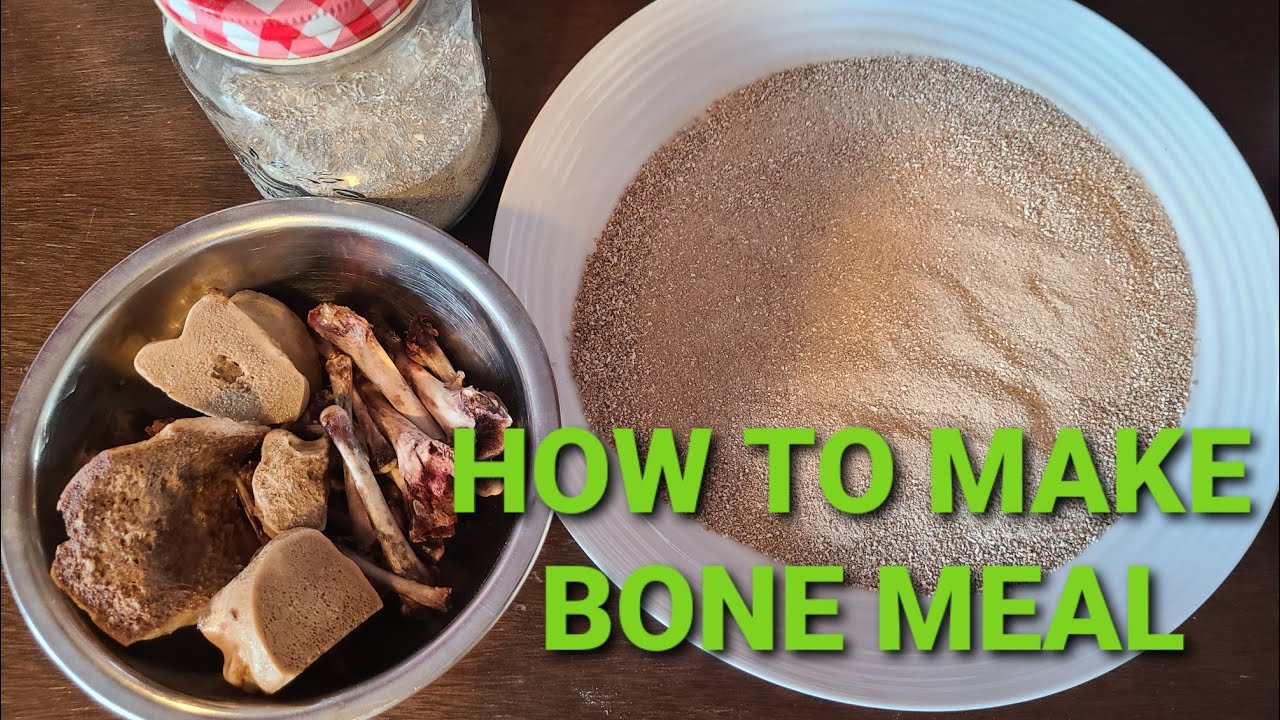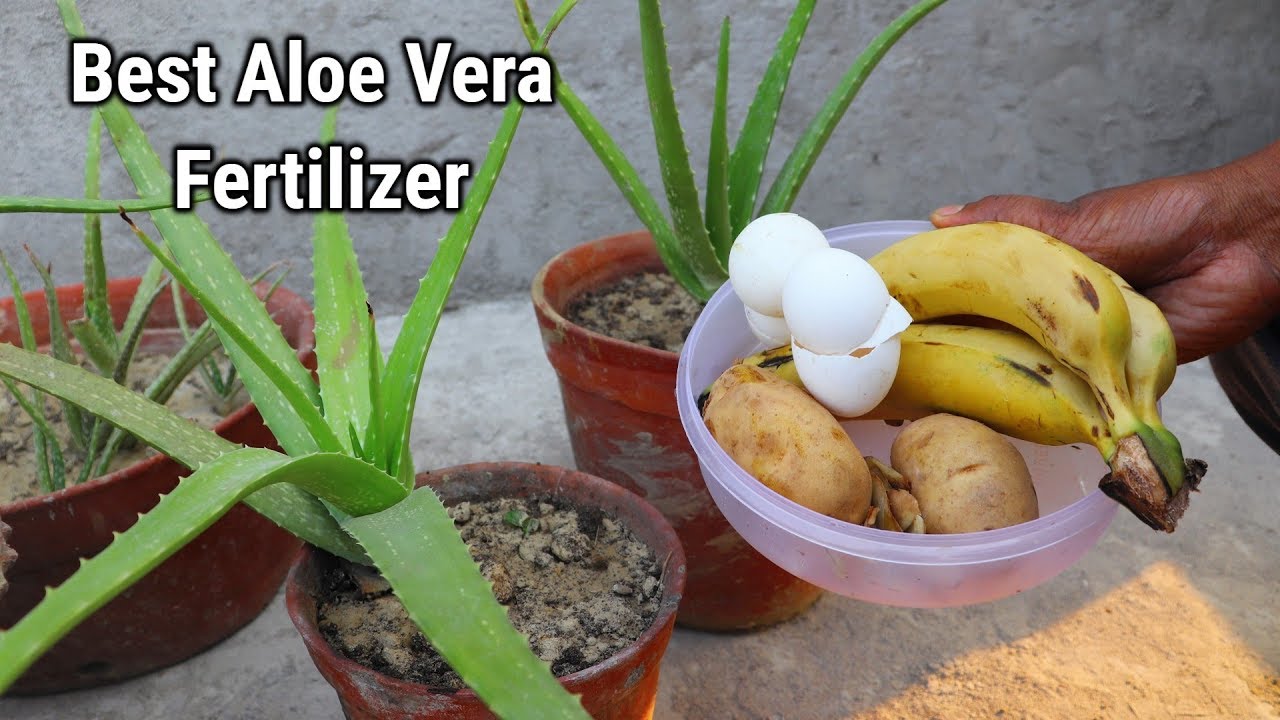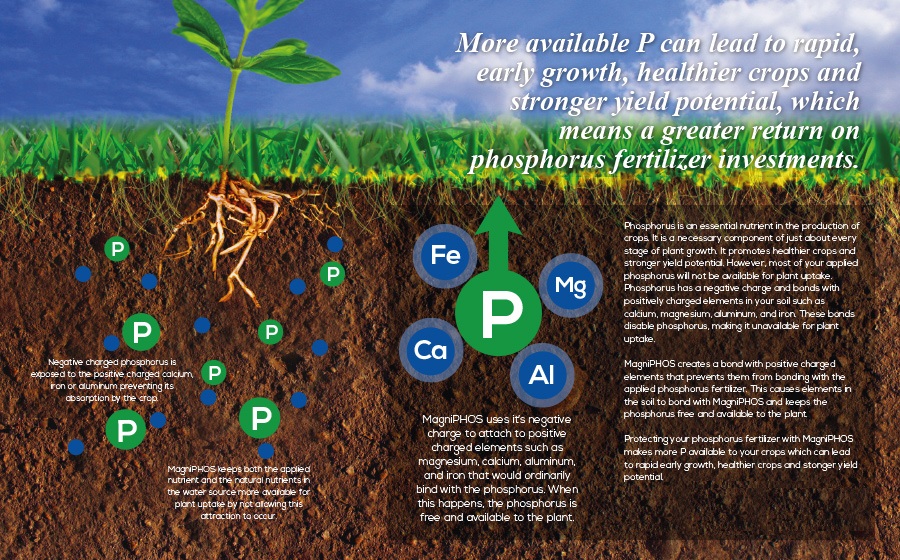How to Fertilize Raspberries Naturally
Raspberries are a delicious and nutritious fruit that can be easily grown in a home garden. To ensure that your raspberry plants grow strong and produce bountiful harvests, it is important to fertilize them regularly. While there are many commercial fertilizers available, natural fertilizers can be just as effective and are better for the environment. In this article, we will discuss how to fertilize raspberries naturally to promote healthy growth and abundant fruit production.
Why Use Natural Fertilizers
Using natural fertilizers is not only better for the environment, but it can also improve the overall health of your raspberry plants. Synthetic fertilizers can contain harmful chemicals that can leach into the soil and water supply, causing damage to the ecosystem. Natural fertilizers, on the other hand, are made from organic materials that are safe for the environment and promote healthy soil and plant growth.
Types of Natural Fertilizers
There are many different types of natural fertilizers that can be used to nourish raspberry plants. Some common options include compost, manure, bone meal, fish emulsion, and seaweed extract. Each type of fertilizer provides different nutrients that can benefit your raspberry plants in unique ways. It is important to choose a fertilizer that is rich in nitrogen, phosphorus, and potassium, as these are essential nutrients for plant growth.
How to Fertilize Raspberries Naturally
When fertilizing raspberries naturally, it is important to apply the fertilizer at the right time and in the right way. The best time to fertilize raspberries is in the early spring before new growth appears. Avoid fertilizing during the winter months, as this can promote tender growth that is susceptible to frost damage. To fertilize raspberries naturally, follow these steps:
- Apply a layer of compost around the base of the raspberry plants, taking care not to cover the stems.
- Alternatively, you can mix compost into the soil around the plants to improve nutrient uptake.
- For an extra boost, apply a balanced organic fertilizer that is high in nitrogen, phosphorus, and potassium.
Additional Tips for Fertilizing Raspberries Naturally
In addition to using natural fertilizers, there are a few additional tips to keep in mind when fertilizing raspberries:
- Water your raspberry plants regularly to ensure that they are receiving adequate moisture and nutrients.
- Monitor the pH of the soil and adjust as needed to ensure that it is within the optimal range for raspberry plants.
- Avoid over-fertilizing, as this can lead to nutrient imbalances and damage to the plants.
- Consider using a foliar spray fertilizer to provide a quick nutrient boost to your raspberry plants.
By following these tips and using natural fertilizers, you can promote healthy growth and bountiful harvests from your raspberry plants. With a little care and attention, you can enjoy delicious raspberries from your own backyard for years to come.



